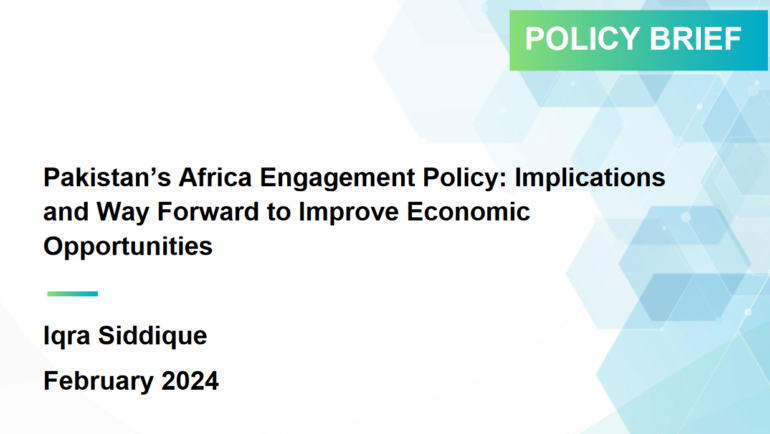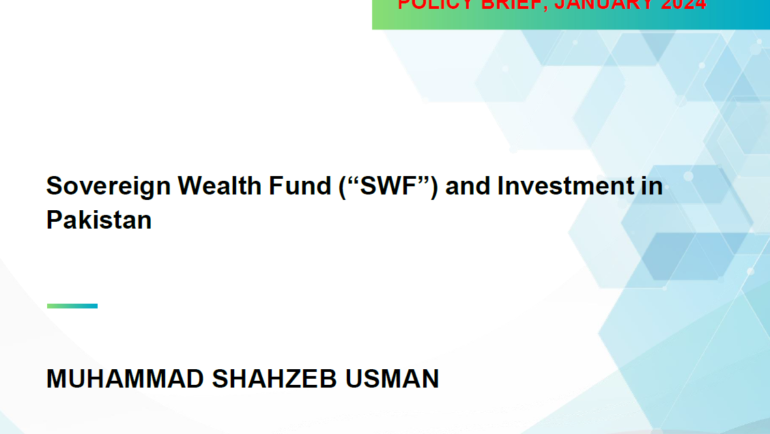Policy Brief 31/07/2025
This Brief conducts a systematic analysis of Pakistan’s federal budget documents from 2010 to 2024 using a text mining approach. Despite significant shifts in domestic and global economic conditions, the focus of these documents has remained on recurring economic challenges such as energy, taxation, and development across successive political regimes, viz. PPP, PML-N, and PTI.
This continuity shows that Pakistan’s structural economic issues have remained largely unresolved, reflecting the deep institutional inertia that shapes the country’s fiscal discourse.
In Pakistan, successive governments have repeatedly engaged with IMF stabilisation and reform programs. However, progress on structural reforms has remained limited.
Commitments to broadening the tax base and pursuing fiscal consolidation have yet to translate into sustainable development outcomes.
The findings of the text analytics highlight that the area of tax and revenue is the most frequent discussed issue from FY 2010 to FY 2024. The empirical data further shows that between 2010 and 2024, there was marginal change in economic fundamentals of the country.
Over the last decade, Pakistan’s tax-to-GDP ratio has stagnated at around 10% as well as the revenue structure of the country remained largely unchanged. From 2010 to 2025, real GDP growth averaged approximately 3.5% across multiple political regimes.
This Brief concludes that the federal budget is used as a compliance document for external creditors, particularly the IMF, rather than a strategic national development tool.
Fiscal policy has been reactive, focusing on immediate crises like oil price shocks, the COVID-19 pandemic, or external account deficits, while neglecting structural reforms in taxation, productivity, and state capacity.
Policy Recommendations
• The government may link any annual increases in budget to development and productivity growth to prevent fiscal leakages, particularly in health, education, and energy, thereby promoting better resource utilisation.
• The government may implement a formal accountability system that requires each ministry to submit a mid-year and end-of-year performance report publicly.


